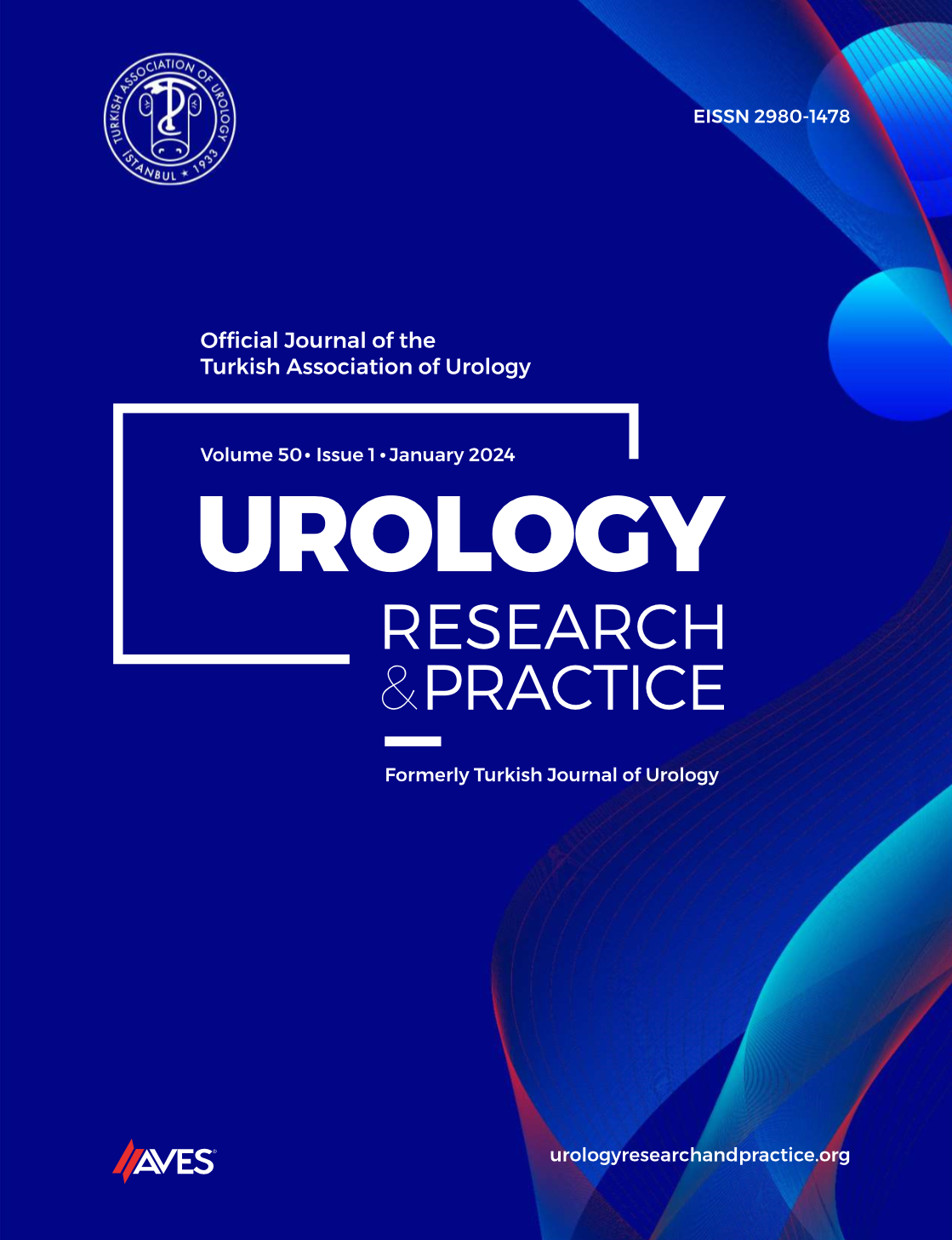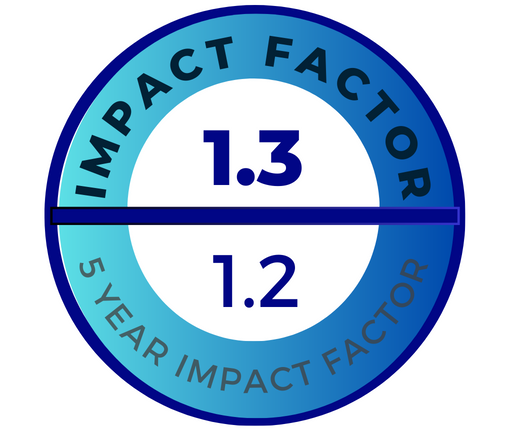Abstract
Objective: To investigate the role of coronary artery calcification score (Agatston score) in the prediction of renal calculi composition.
Materials and methods: Thirty patients with renal calculi were included in the study. Agatston score and renal calculi volumes were calculated by means of computed tomography without contrast enhancement. Additionally, serum sodium, potassium, chlor, urea, creatine, total and ionized calcium, phosphore; 24-hour urinary potassium, chlor, urea, creatine, uric acid, calcium and phosphor; spot urinary calcium and chlor levels were obtained. Agatston scores were calculated by the use of traditional cut-off level of 130 Haunsfield units (HU). Agatston scores, biochemical parameters, and postoperative renal calculi analysis results were compared.
Results: There was not any statistically significant relationship between Agatston scores, biochemical parameters and renal calculi analysis results (p>0.05).
Conclusion: According to our methods, Agatston score is not able to predict the renal calculi composition. We suggest that Agatston score could be used in the prediction of renal calculi composition if the cut-off level would be elevated close to the level of bone density (1000 HU) by a software program.

.png)


.png)